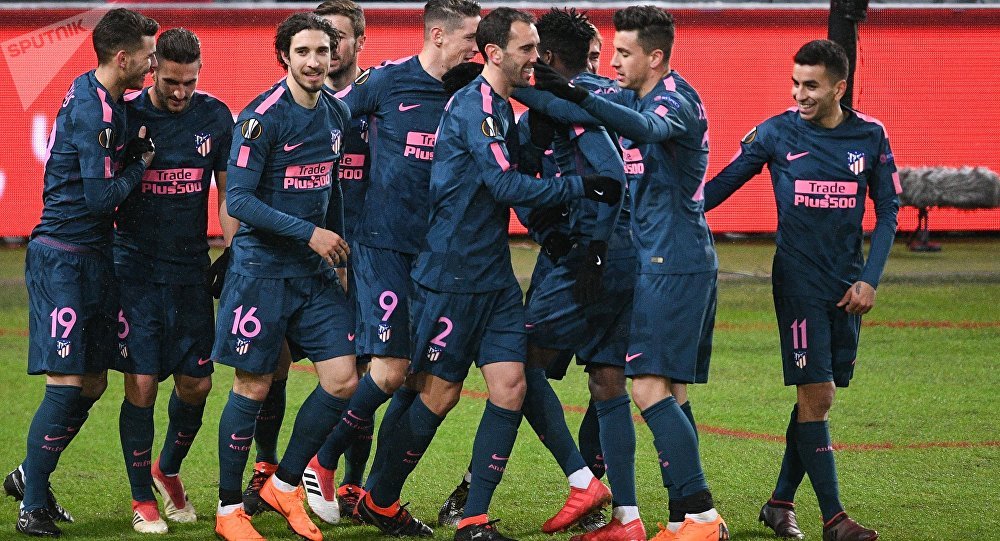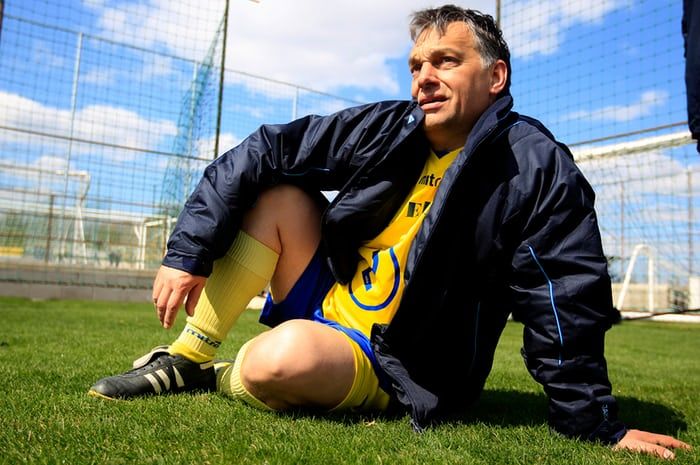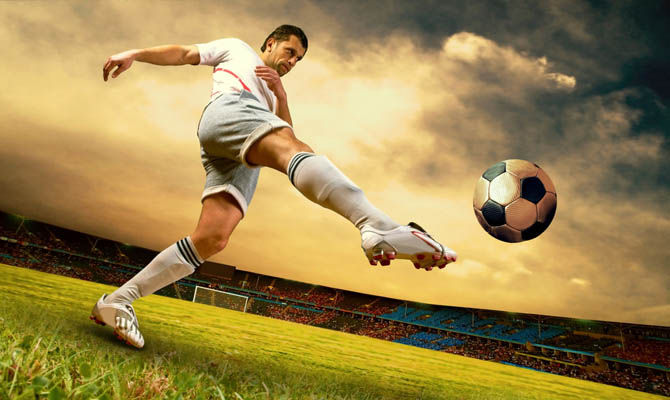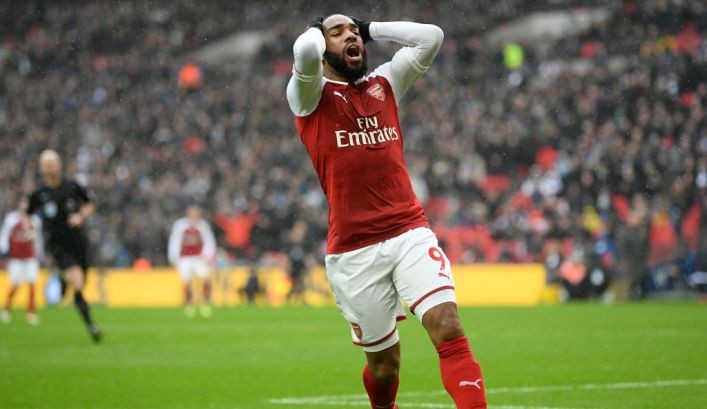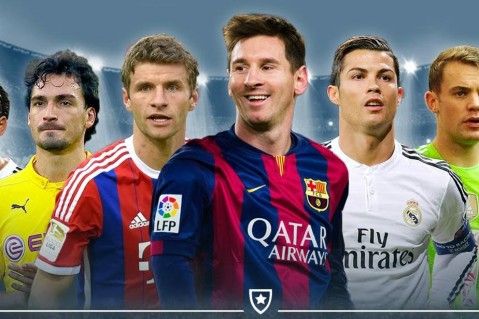Valery Lobanovsky – Great coach!
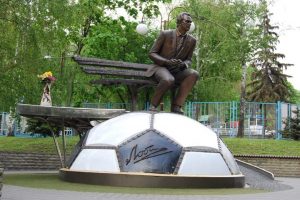 The older generation of football fans who took the beginning of the 1960s should remember well the famous corner kicks of Valery Lobanovsky, the attacking Dynamo player of Kiev Dynamo. He twisted the ball so skillfully that, describing the curve, he suddenly turned sharply into the near or far corner for the goalkeeper.
The older generation of football fans who took the beginning of the 1960s should remember well the famous corner kicks of Valery Lobanovsky, the attacking Dynamo player of Kiev Dynamo. He twisted the ball so skillfully that, describing the curve, he suddenly turned sharply into the near or far corner for the goalkeeper.
Footballer Lobanovsky, who graduated from school with a gold medal and played at Dynamo, at the same time successfully studied at the Kiev Polytechnic Institute. Speaking in the language of science, he used the so-called Magnus effect, which deflects a rotating body from straight-line motion, in its proprietary corners. calculated the speed of the run, the point of application of the ball and its force, and then brought the corner to automatism, practicing the blow hundreds of times in training. This same scientific approach to football later became the basis and trainer Russian work Lobanovsky, moreover, he became a coach very early – at 29 years old. Prior to that, Lobanovsky had played for seven years at Dynamo Kyiv, three years at Chernomorets in Odessa and two years at Shakhtar Donetsk. Lobanovsky did not receive special coaching education, but he carefully looked at the work of the outstanding coaches under whose leadership he played – Viktor Maslov and Oleg Oshenkov. Remembering his great corner, great football player Lobanovsky did not, but as a coach immediately attracted attention.
His first club was the Dnipro Dnipropetrovsk. When in 1968 the young coach led the team, she played in the first league. Five years later, Dnipro advanced to the big leagues and immediately made a striking leap, taking 6th place in the USSR Championship. Then the thirty-four coach was offered to lead the famous Soviet club, Dynamo, from which they expected only victories in Ukraine.
Agreeing, Lobanovsky-coach invited to work with him his former partner in the game “Dinamo” Oleg Bazilevich. This duo existed for two and a half years. During this time, the coach put the training process on a scientific basis: each player had an individual lesson plan, and with a perspective for the following seasons.
The load on the trainings was very large, the exercises were unusual. Their coach developed together with a whole brigade of sports doctors and scientists to determine the “dose” of loads for each player. Nothing like this in the Soviet teams, and abroad at that time was not yet. Coaching innovations did not appeal to all players. Some of the loads seemed overwhelming, and the training exercises were too complicated, it was difficult to get used to the daily tests and constant contacts with the medical team. Some of the players went to other clubs, but those who remained, added markedly in stamina and skill.
The game “Dynamo” at first did not like everyone. Sports journalists blamed Valery, but from the very first season of 1974 the work of the coaches began to bring loud victories: a strong Leningrad “Zenith” was defeated with a score of 5: 0. The debut of the coaching duet was super-successful – in 1974, the people of Kiev became champions of the USSR and won the national cup. In 1975, the success was repeated. The Kyivans did something that none of the Soviet teams could have done before – won the Cup Winners’ Cup, confidently winning the Hungarian “Ferencváros” in the final – 3: 0. In the autumn, an even louder victory was won – Dynamo Kiev won the European Super Cup, beating the famous Bayern Munich in two games, which owned the European Champions Cup for two years in a row. At the same time, Valery Lobanovsky was also the head coach and the USSR national team. He created a new team of 11 players Dynamo Kiev. In the next four games, the team won four victories in a row and ahead of time won first place in the group. However, in the spring of 1976, the exorbitant burdens that fell on the people of Kiev still affected. In April, the USSR national team lost the first quarter-final match of the Czechoslovak national team in Prague. The second leg ended in a draw -2: 2. The USSR national team dropped out of the draw. In the same year, the USSR Olympic team lost the semifinal match of the football tournament of the 21st Olympic Games in Montreal to the GDR national team and eventually became only the third prize winner. After this period, the enthusiastic accolades of Valery Vasilievich were replaced by sharp criticism of his methods. From the leadership of the team he was released. And Lobanovsky already single-handedly focused entirely on work with Dynamo Kyiv, which the following year brought him back to the USSR champions, and in 1978 won the USSR Cup. But soon Valery returned to the place of the national team head coach.
Kiev Dynamo, under his leadership, won the USSR title eight times and won the national cup six times. After the collapse of the USSR, Kiev became the champions of Ukraine five times and won the Ukrainian cup three times. , defeating this time in the final match of the club “Atletico” Madrid-3: 0.
